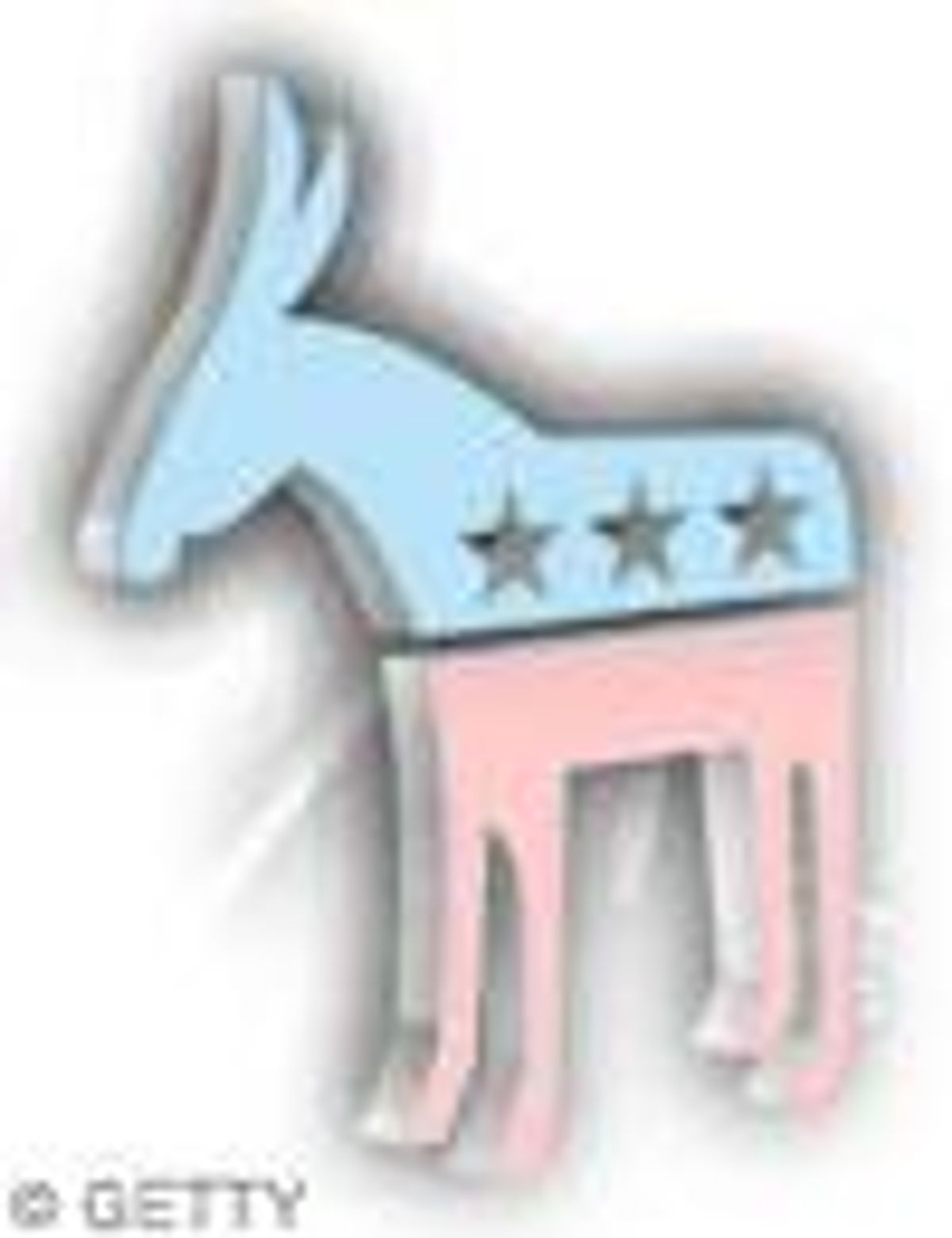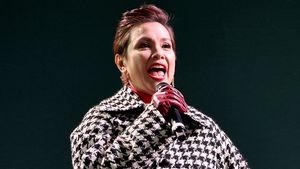The final version
of the Democratic Platform is being hailed as the most
LGBT-inclusive to date by queer activists and politicians
alike despite the fact that the words gay, lesbian,
bisexual, and transgender do not appear in
the text of the platform, according to those who have
read the document.
Though the
official platform has yet to be released to the public, LGBT
advocacy groups say the wording that was adopted explicitly
discusses adopting a national HIV/AIDS strategy,
repealing the military's "don't ask, don't tell"
policy, and passing hate-crimes and comprehensive
employment nondiscrimination legislation. The document
reportedly also marked some historic firsts by including
"same-sex couples" in the Democratic Party's
definition of families, pledging to fight
discrimination based on "gender identity" and opposing
the Defense of Marriage Act, which prohibits federal
recognition of same-sex partners who are legally
married.
"This has been
the most inclusive drafting process of a party
platform in history," Rep. Tammy Baldwin said, noting the
approximately 1,600 listening sessions that took place
across the country to incorporate the ideas and
concerns of average voters. Baldwin said the platform
was far stronger on LGBT issues than the one adopted in
2004 because it went "from rhetoric to policy and substance
and reflected the positions that have been championed
by Senator Obama" throughout the campaign.
Jon Hoadley,
executive director of the National Stonewall Democrats, said
the exclusion of the words gay, lesbian, bisexual,
and transgender had more to do with the
inclusion of equivalent terms typically used in
legislation. "Sexual orientation, gender identity,
same-sex couples -- this is the type of language that
appears in legislation and policy across the country,"
Hoadley said.
Mara Keisling,
executive director of the National Center for Transgender
Equality, also noted that the inclusion of transgender
people in the platform never became a point of
discussion. "Gender identity got put in the draft of
the platform, and then there was never any serious debate
about taking it out," she said, crediting all the grassroots
work and education efforts taking place around trans
issues.
Jennifer
Chrisler, executive director of the Family Equality Council,
said that after talking to both the Democratic and
Republican parties about their platforms, she was
particularly pleased with the outcome of the
Democratic platform. "For the first time, we're not just
talking about family values, we're actually valuing
families in this platform," Chrisler said. (Kerry
Eleveld, The Advocate)


















































































